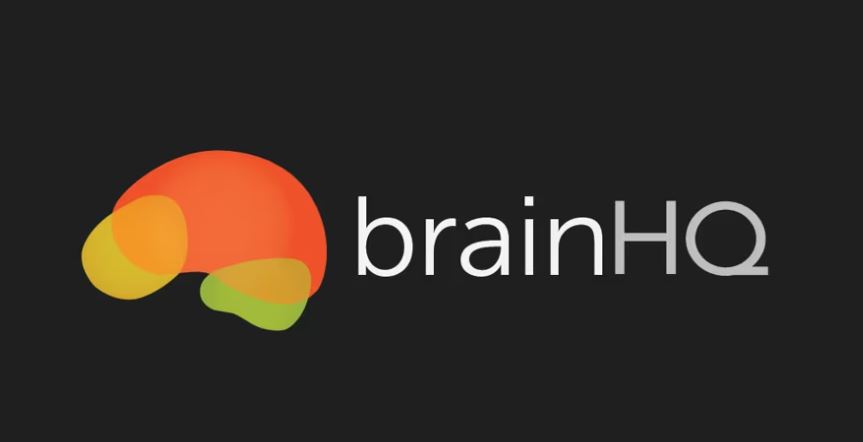Brain Fog. What is it?
Navigating the Haze – Brain Fog in Long COVID

Brain fog is a non-medical term used to describe a sensation of clouded thinking. It is one of the most common symptoms of Long COVID and since we now have scientific evidence that SARS-CoV-2 can damage the brain some scientists are saying that the symptom should be referred to as a “BRAIN INJURY” OR “COGNITIVE IMPAIRMENT” OR “COGNITIVE SLOWING”. Brain fog is currently not thought to be dementia, the symptoms of brain fog can be reversed. Dementia is brain damage that is permanent and progressive. Brain fog is a reversible condition, though there are concerns about what COVID infections in the young will mean for their brain function in decades to come3.
Typical Symptoms:
It can present in a number of different ways showing itself as difficulties with memory, concentration, and word finding. People often feel clouded in their thinking.
The nature of brain fog can vary, with some individuals describing it as a mild, intermittent presence, while others grapple with more severe and continuous cognitive impairment. These symptoms often contribute to a sense of frustration and can impact various aspects of daily life, including work, social interactions, and decision-making.
Who gets it?
There are many causes, this is not an exhaustive list – Long Haulers, People who have poor sleep, some medications have side effects that can affect brain function – such as anti-seizure medication, opioid painkillers, some antidepressants, vitamin deficiencies – such as B12, hormonal deficits such as hypothyroidism, the menopause due to a lack of oestrogen, stress, post concussion syndrome to name a few.
Studies suggest that individuals with Long COVID, regardless of their initial symptom severity, may be susceptible to persistent brain fog. This symptom appears to affect both genders and individuals from different ethnic backgrounds, highlighting its widespread prevalence in the post-acute phase.
Prevalence:
Brain fog is a prevalent and enduring symptom in Long COVID, with a substantial number of individuals reporting its persistence during the post-acute phase. Various studies and patient testimonials consistently highlight the challenges posed by cognitive impairment, emphasizing the need for targeted interventions to address the unique aspects of brain fog.
Main Points:
Studies have shown that Brain fog is a key symptom in people with Long COVID1,2,3.
“Brain Fog” is also termed as Brain Injury, Cognitive Impairment or Cognitive Slowing
If the causes of brain fog are treated the brain fog can be reversed – at present scientists are trying to work out how the coronavirus SARS-CoV-2 causes brain fog in the hope of reversing its symptoms.
General steps can be taken to help improve symptoms of brain fog which are listed below.
Dementia is not brain fog it is permanent damage to the brain that is progressive, an example is Alzheimer’s Disease.
In the aftermath of COVID-19, brain fog becomes a silent tempest, clouding thoughts and challenging clarity. Its indiscriminate presence underscores the need for nuanced understanding and targeted support in the journey towards cognitive recovery in Long COVID.
Long Covid The Answers
Relief:
Relief from Brain Fog is gained by treating the cause, which is possible to do if you have a Vitamin B12 deficiency you would take Vitamin B12 or you would take thyroxine if you had a thyroid deficiency. With regards to brain fog in Long COVID, scientists are still trying to work this out so currently improvement is aimed through implementing practical measures:
- Avoiding Stress
- Getting enough sleep
- Eating a well-balanced diet
- Setting up practical reminders on your smartphone or other devices
- Avoiding alcohol and illicit drug use
- Medication – a Physician who has experience with rehabilitation of Long COVID sufferers can help with this. Please do NOT experiment with off label medication without the supervision of a qualified and experienced Physician familiar with treating Long COVID patients.
- Cognitive rehabilitation
- Brain Training programs, exercises and games which may store or strengthen cognitive functioning. Please see the list below:
Endeavour RX – under a research program for Long Haulers

https://www.brainhq.com/?v4=true&fr=y
A lot of the following are computer games or online learning courses you have to pay for:
Peak, Elevate, Lumosity, Happy Neuron, Braingle, Psychology Compass, and Forest5.
Other conventional brain training exercises are as follows:
Sudoko, Scrabble, Crossword Puzzles , Playing Cards, Learning a Foreign Language, taking up a Musical Instrument – can all be used for keeping the brain active5.
Credible sources of information:
4. Long COVID Physio has a useful page about Brain Fog/Cognitive Dysfunction.
5. Jackson, James C.. Clearing the Fog: From Surviving to Thriving with Long Covid—A Practical Guide (p. 70). Little, Brown and Company. Kindle Edition.
6. Provincial Health Services Canada has information leaflets about brain fog in several different languages & a helpful video.








